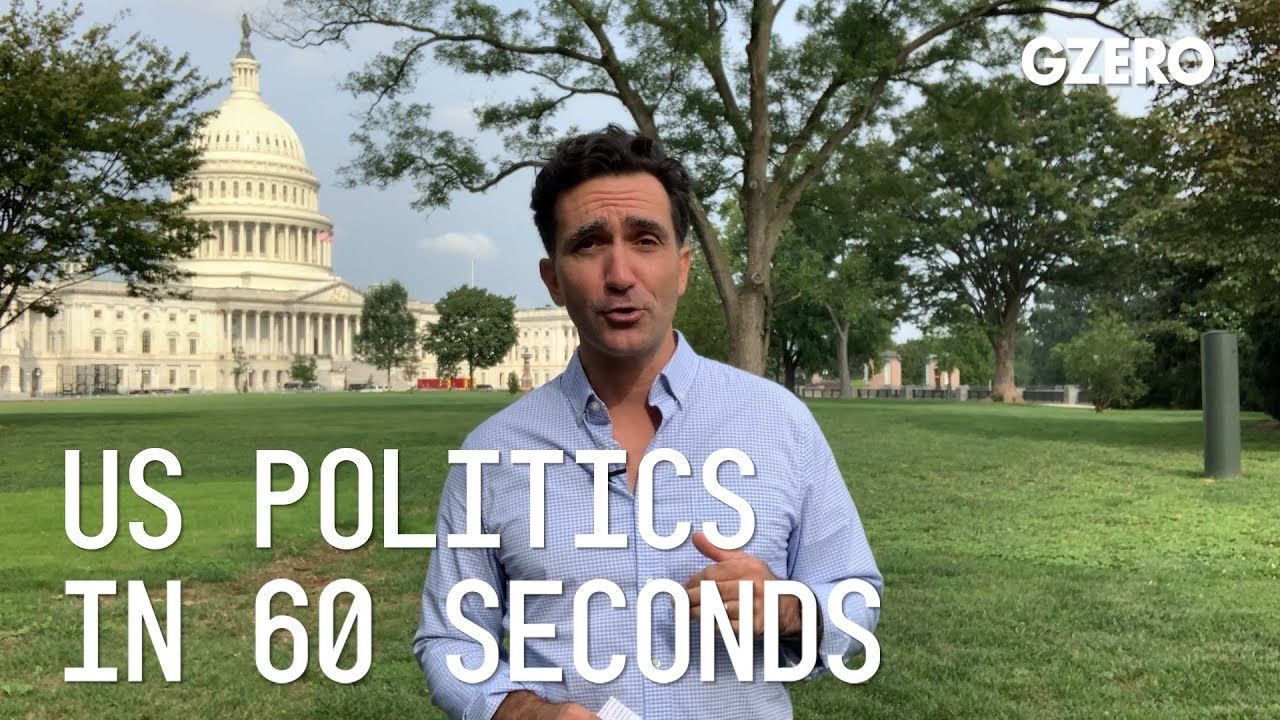
Jon Lieber, who leads Eurasia Group's coverage of political and policy developments in Washington, shares his perspective on US politics.
What's the status on the coronavirus relief bill in Congress?
Well, we're here in front of the US Capitol where there's not a whole lot going on to resolve the standoff over for further fiscal stimulus. There was a brief burst of activity earlier this week when the Problem Solvers Caucus came together with a bipartisan proposal that would probably pass both chambers of Congress. But House leadership quickly shot that down. They don't seem too interested in giving Donald Trump a big fiscal stimulus just six weeks before the election. President Trump, for his part, has been encouraging Republicans to go big. But Republicans seem like they mostly want to go home so they can get out of here, fund the government and go campaign for November. So, we end this week where we ended last week. Not a lot of progress being made. Probably nothing is going to happen here.
With wildfires raging in America's west and hurricanes pummeling its southern coastline, will climate be deciding issue in the November election?
Almost certainly not. The two candidates could not be more different on issues of climate. Climate is a very important motivating factor for Democrats, particularly younger voters who tend to vote more liberal. And Donald Trump is acting like climate change isn't really a thing and is much more focused on protecting jobs in the oil and gas industry. The reality is that if you haven't made up your mind on this issue already, it's probably not going to motivate you in the election. And if you are somebody that really cares about climate, the overwhelming odds are you're already voting Democratic. So this isn't really an issue for swing voters. Probably won't be decisive factor in this election.
Trump got Big Ten football to start again? Wait, really?
Well, not really. At the beginning of the week, three of the five major football conferences had already agreed that they were going to start play, despite the coronavirus. And the Big Ten, which is where there are a number of colleges in critical swing states, including in Michigan, Wisconsin, Ohio and Pennsylvania. President Trump made a well-timed phone call and the Big Ten announced later in the week that they did something they probably were going to do anyway, which was start the season. You know, was Trump important and get making this happen? Probably not. But you won't know that if you're going to be watching the president's Facebook ads between now and the end of the election. And for millions of undecided voters who are also football fans, Trump's intervention here is going to look pretty good.